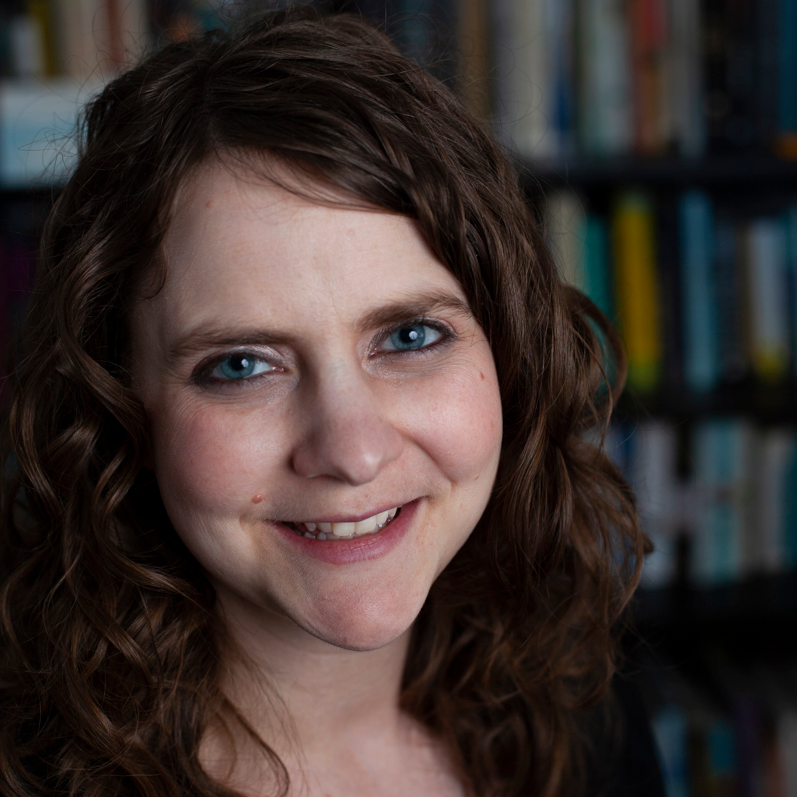Like many during the early days of the COVID-19 pandemic, I started making sourdough from scratch. The first and hardest step is making the starter. For the uninitiated, a sourdough starter is a combination of flour and water mixed with wild yeast from the air that ferments, causes bread to rise, and gives sourdough its natural tang. Following two utterly failed attempts, I had success and something magical happened. My starter bubbled and grew each day. After a week, it was alive and ready for bread making!
While I’ve learned a lot about baking over the last few years, what has fascinated me most is the role of yeast. Yeast changes what it is a part of, and reminds me of God’s action in creation and in the world.
- Follow and pay attention: As a rule following baker, I assumed that following instructions would create the same result every time. Boy, was I wrong! During my first year of baking, I realized pretty quickly that unless I wanted flat, under-proofed bread during the cold and dry Minnesota winter I was going to have to adapt my recipe.
Christians, like novice bakers, can fall prey to assuming that if we just follow the instructions, God shows up in the same way, at the same time in every community. But like wild yeast floating in the air, the Spirit is wild and active and up to something new and different in every season in each community. If we don’t pay attention, we may miss what God is up to.
- Context matters: Baking regularly allows me to see how recipes work in different climates, and different seasons bring out new flavors and textures in beloved recipes. Similarly, as I look across the church, I am amazed at the many and various ways God is calling communities to live out God’s mission in their contexts. As we listen closely to one another and to God, we experience the unique textures, flavors, and aromas of God’s love.
- Necessary ingredients: After my first two failed attempts at making a starter, I searched the internet for ways to make sourdough without the starter, hoping I could find a way to do it faster and still get the same result. I quickly found there was no way to shortcut the process. The sourdough starter was the most important ingredient.
I’ve noticed, particularly in conversations related to money and stewardship in congregations, we tend to forget about our secret ingredient, and even short circuit the process. We try to pin God into Sunday morning only, but leave God out of the Tuesday evening church finance meeting. But, the good news? God is already in the Tuesday finance meeting. Imagine what might happen if we took the time to listen to what God is already doing and see how God might transform our work?
- Commit and cultivate: People often joke that maintaining a sourdough starter is like adding another pet or child to the family. It requires daily care and maintenance. Similarly, recognizing God’s work in our stewardship ministry is not a one-time action, it’s a practice. We have to cultivate it, refine it, and continue to be reminded of it.
So how might we pay attention to what God is up to in our congregation’s financial life? Try experimenting with one (or more) of these ideas.
- Pray. When meetings start with prayer, it may feel so routine that you miss the importance of this moment. Prayer can set the tone for the whole meeting. When we pray we are recognizing God’s presence in our midst and inviting God to guide us and even surprise us.
Before you pray, take a moment to center the group and remind yourself that God is here and present in your church’s finances. God has a long track record of transforming humble ingredients into an abundant feast. Our job isn’t to make the feast but rather to be good stewards, or managers, of the ingredients God has entrusted us to care for. We give thanks and ask how God would have us steward this community.
- Dwell in the Word together. The Bible doesn’t shy away from money talk. Begin each meeting together in scripture, and you will be more likely to hear God’s voice and see God’s movement. If you aren’t familiar with the practice, check out these simple instructions.
Some of my favorite stewardship passages to dwell in are Deuteronomy 14:22-29, Mark 6:30-44, Luke 12:22-34, 1 Timothy 6:6-10; 17-19, and my all-time favorite Luke 10:25-38. In one of the meetings I attend, we have a practice of “calling for the text.” At any time during the meeting, someone can call for the text and we read it again. This is a great way to remind us of what God is up to when the meeting has gone astray.
- Look for signs of love and hope. Seeing God at work (or even naming God’s action) can be a difficult and daunting task. Instead of looking for God specifically, I look for love. God is love, and stewardship is love in action. Where do you see love in action in your church’s budget and finances? Where is love bubbling up like sourdough starter, and where is love dwindling? If love feels too intangible, Rev. Dr. Michael Binder encourages people to look for “hope” in the same way. Love and hope are signposts for what God is up to in our communities. As I’ve leaned into looking for love and hope, I’ve found it easier to name where God is in my own life and my church’s financial life.
- Know money’s place. Things can get off course when we forget the purpose of our stewarding. Is it our job to find the funding to keep the church alive forever as it currently exists? Or, is God’s mission for us more fluid? Getting clear about your church’s mission and keeping that mission in front of you during money meetings helps to keep the focus in the right place. This might mean including the mission at the top of meeting documents, and posting it on walls, or in a Zoom background. Or, better yet, read it aloud together and take a moment to share a story or two of where you are seeing God’s mission come alive in the church today. Mission comes first—before money, and shapes how we use the assets God has entrusted to our care. Mission is our recipe.
Together, we watch as the humble assets we are managing (flour and water) that are guided by the missional recipe and transformed by the yeast of God’s love in action—grow! Just like yeast in baking, it’s the one part we can’t control (God’s action) that does all the work. God’s action is our secret ingredient.



